At Ultimate Nutrition, we believe in empowering our readers with fact-based knowledge to make informed dietary choices.
As such, we're here to delve into the widely debated topic of using whey protein for weight loss.
The goal is to separate fact from fiction and to provide clear and accurate information about the effectiveness of whey protein in weight loss regimes.
Whey protein has gained popularity over the years, particularly among fitness enthusiasts and individuals embarking on weight loss journeys.
But does it really assist in losing weight? Let's uncover the truth.
REAL QUICK, WHAT IS WHEY PROTEIN?
Before diving into the role it plays in weight loss, it's important to understand what whey protein is. Whey is a by-product of cheese production.
It's the liquid you see separating from curds during the cheese-making process. Whey protein, therefore, is the protein derived from this liquid.
In its most basic form, whey protein is a mixture of various proteins isolated from whey.
What makes it a popular choice, particularly among athletes, is its impressive amino acid profile.
Whey protein is packed with essential amino acids, which are not produced by the body and therefore must be sourced from our diets.

THE CONNECTION
The connection between whey protein and weight loss isn't arbitrary. Whey protein, due to its high amino acid content, particularly BCAAs (Branched Chain Amino Acids) such as leucine, iso-leucine, and valine, aids in preserving lean muscle mass while promoting fat loss.
Additionally, consuming whey protein has been linked to feelings of satiety.
This means you may feel fuller for longer after consuming a whey protein shake, potentially reducing your food intake and aiding in weight loss.
PRESERVING LEAN MUSCLE MASS
One of the challenges of losing weight, particularly with calorie restriction, is the possible loss of lean muscle mass. This can slow down your metabolic rate, making it harder to lose weight.
However, the high amino acid content in whey protein helps in preserving lean muscle mass during weight loss.
Whey protein provides the body with adequate amounts of amino acids, particularly leucine, which plays a crucial role in protein synthesis and muscle growth.
This makes it an excellent choice for individuals looking to lose weight while maintaining muscle mass. Source.
INCREASING SATIETY LEVELS
A critical aspect of successful weight loss is managing hunger.
It's common for people to feel hungry when trying to lose weight due to reduced calorie intake. This is where whey protein can help.
Research has shown that whey protein can potentially increase levels of the satiety hormone, glycomacropeptide. This hormone signals the brain that the body is full, decreasing the desire to eat.
This means fewer calories consumed, which may assist in weight loss.

Now we are going to delve deeper into other benefits of whey protein, its optimal consumption, and more to help you make informed decisions about its inclusion in your weight loss strategy.
OPTIMAL CONSUMPTION FOR WEIGHT LOSS
Understanding the optimal consumption of whey protein is key to harnessing its weight loss potential, making it important to discuss how, when, and in what quantity it should be consumed.
Generally, it is advisable to consume 20-30g of whey protein per meal, but the optimal dosage may vary based on various factors like your weight, age, and level of physical activity.
Timing your whey protein intake can also influence your weight loss efforts.
Many fitness professionals recommend consuming it post-workout due to its rapid absorption, which aids in muscle recovery and growth.
However, some studies suggest having it before a meal can increase feelings of satiety, thus reducing overall calorie consumption and aiding weight loss.
PAIRING WHEY, DIET, AND LIFESTYLE HABITS
While whey protein can support weight loss, it is not a magic bullet.
For optimal results, it's essential to pair it with a balanced diet and regular exercise.
Incorporating a variety of nutrient-dense foods into your diet can provide all the essential vitamins and minerals your body needs to function optimally. Remember, the goal is not just to lose weight, but to promote overall health and well-being.
Exercise is equally important in a weight loss regime. Combining strength training with cardio can help you build lean muscle mass and boost your metabolic rate, which in turn facilitates weight loss.
Regular exercise and whey protein work synergistically to promote fat loss and muscle gain, helping you achieve your weight loss goals.
POSSIBLE CONCERNS & CONSIDERATIONS
While incorporating whey protein into your diet can aid weight loss, it's crucial to acknowledge potential concerns and considerations.
As with any nutritional product, it's important to use whey protein judiciously and as part of a balanced diet.
Excessive intake of whey protein, beyond the recommended dosage, can possibly lead to digestive issues like bloating, gas, and stomach cramps. Furthermore, although rare, some people may be allergic to whey. If you experience any adverse reactions, it's best to discontinue use and consult a healthcare professional.
INDIVIDUAL VARIABILITY
It's also important to appreciate that people's responses to whey protein can vary based on individual factors like genetics, metabolism, and lifestyle habits.
Therefore, what works for one person may not necessarily work for another.
Always listen to your body and adjust your diet and lifestyle habits accordingly.
Lastly, remember that weight loss is a journey, not a destination.
It requires consistency, patience, and a focus on long-term lifestyle changes, not quick fixes.
Whey protein can be a helpful tool in this journey, but it should not replace a balanced diet and active lifestyle.
WHEY PROTEIN & WEIGHT LOSS MYTHS
Let’s address and debunk some common misconceptions surrounding whey protein and its relationship to weight loss. Let's set the record straight on these myths and get a better understanding of the facts.

While whey protein alone does not function as a fat burner, make sure to check out Ultimate Nutrition’s “Green Series Protein Fat Burner."
This product harnesses the power of ingredients such as synephrine, green coffee bean extract, green tea extract, and choline bitartrate to effectively enhance your body's fat-burning capabilities.
A great addition to anyone’s weight loss journey.
YOUR TAKE HOME MESSAGE
In conclusion, the claim that whey protein can aid in weight loss is largely a fact, not fiction. Scientific evidence supports the role of whey protein in promoting feelings of satiety, preserving lean muscle mass, and even enhancing fat loss. It's a high-quality protein source that can easily be incorporated into various meals and drinks, making it a convenient tool in your weight loss journey and Ultimate Nutrition has got you covered there.
However, it's essential to note that whey protein is not a magic solution.
Successful weight loss involves a balanced diet, regular physical activity, and an overall healthy lifestyle. It’s also important to consume whey protein in the right quantities and consult with a healthcare provider before starting any new nutritional product.
It's clear that while whey protein can be a valuable ally in weight loss, it is best utilized alongside a well-rounded approach to health and wellness.
Wishing you Strength & Success,
Sandra, R.H.N.
The information provided in our articles is meant for informational and educational purposes exclusively and should not be considered as medical advice. It is essential to consult a healthcare professional before starting a new nutritional product and/or making significant changes to your diet and/or starting a new exercise regime. These products are not intended to diagnose, treat, cure, prevent disease.

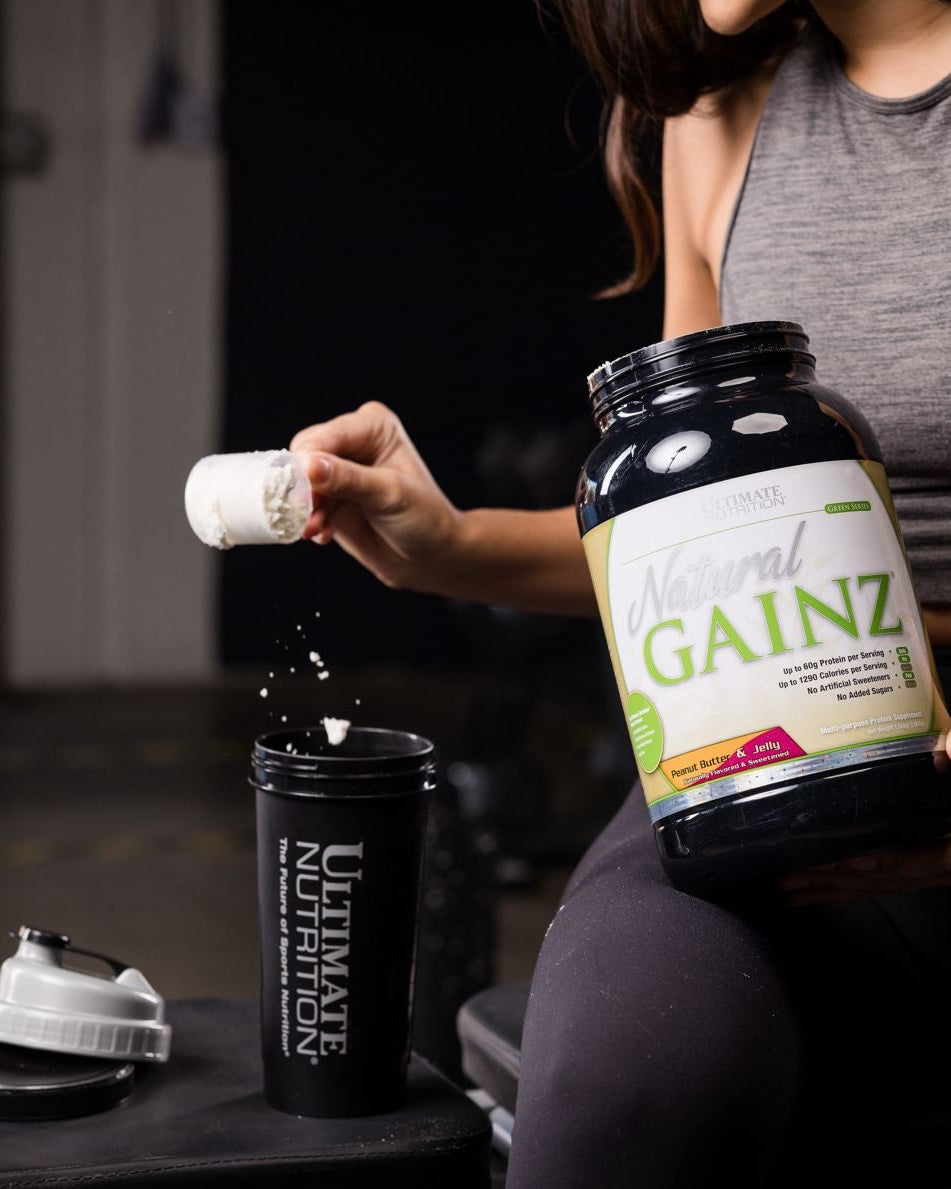




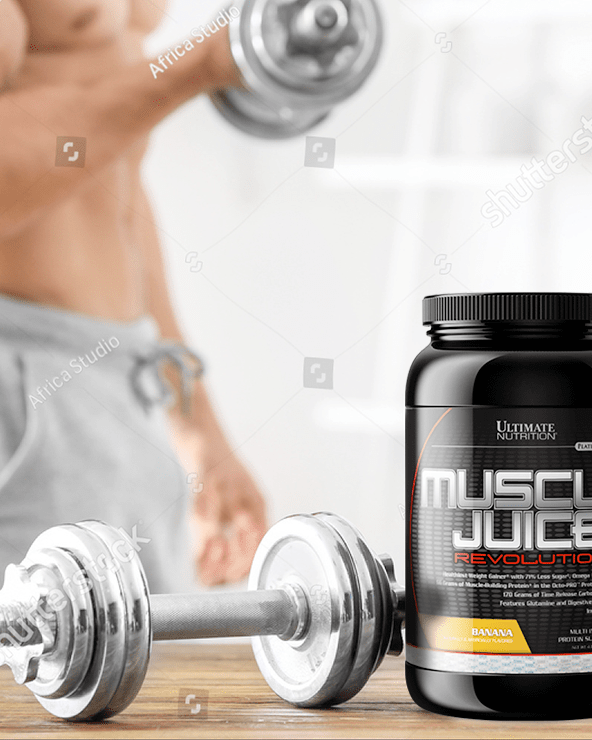


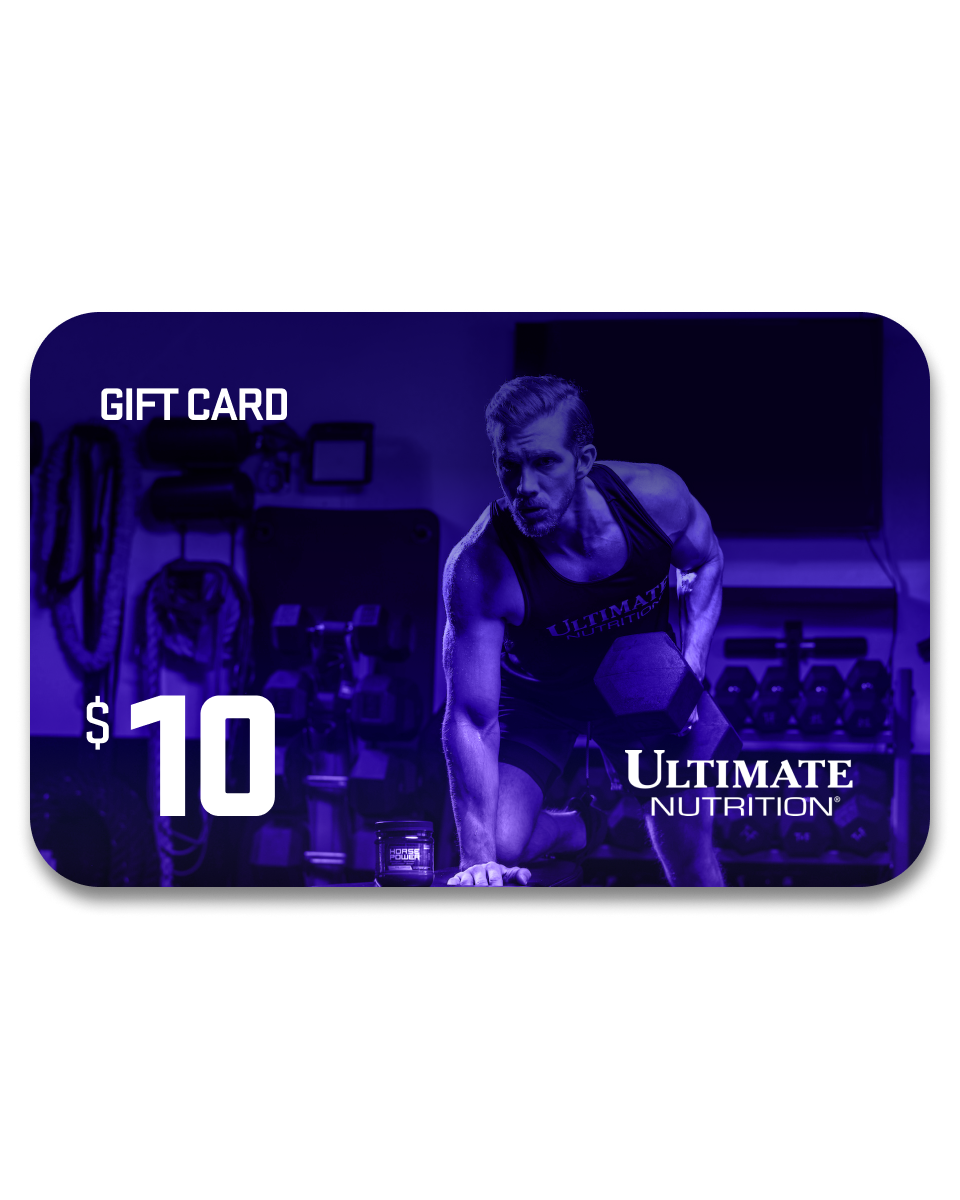

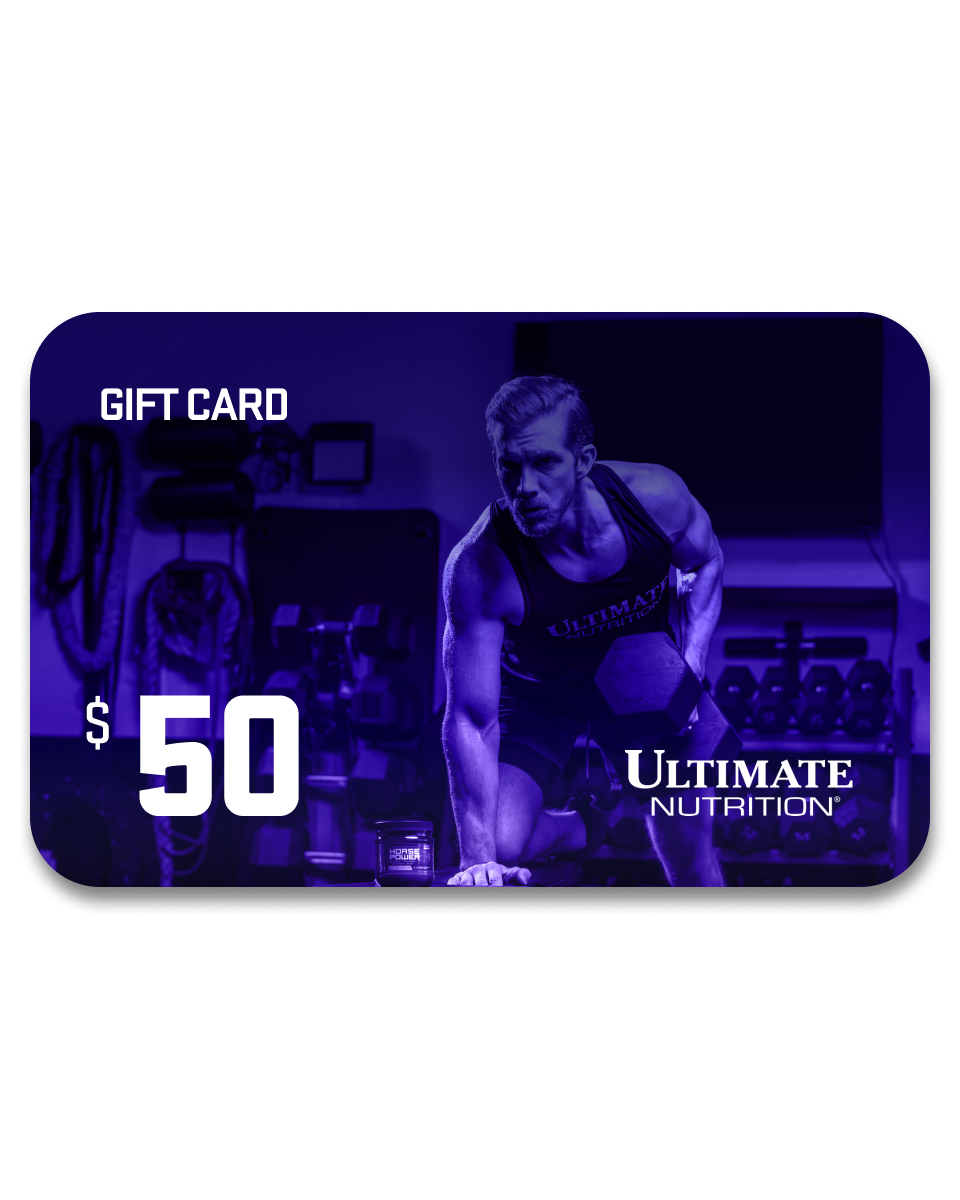
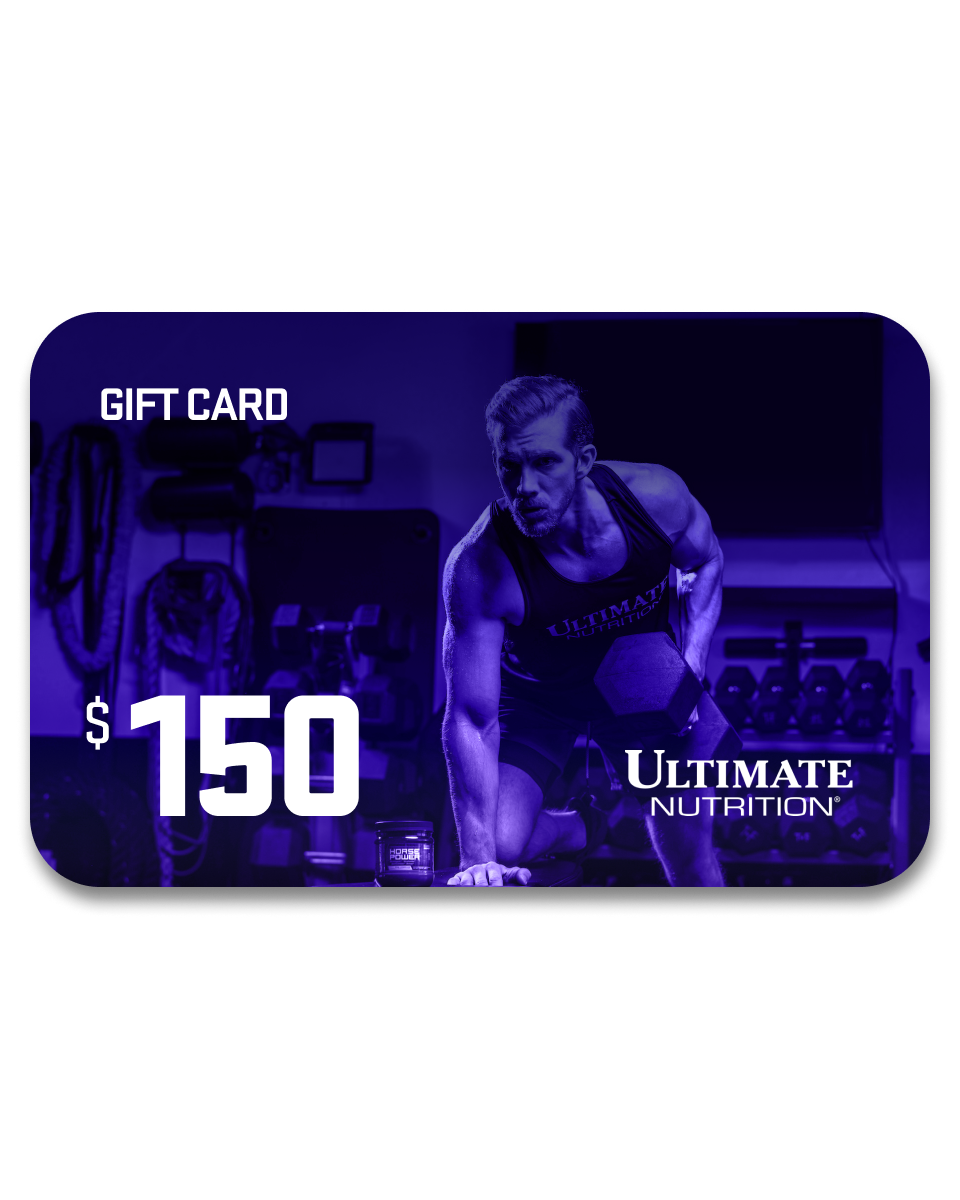
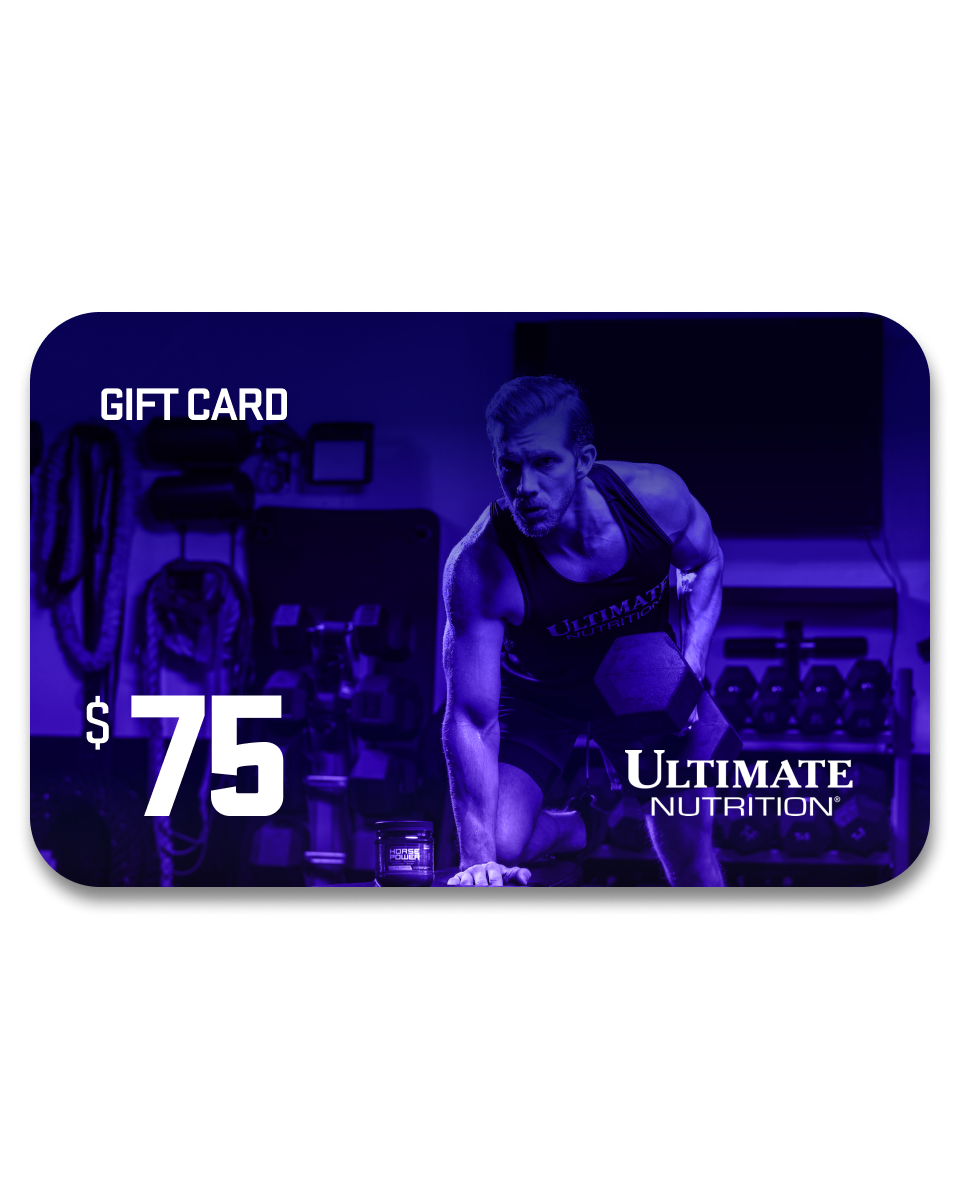








Comments
This post is a breath of fresh air in a sea of conflicting information!!
Thx for keeping it real n science-based. It’s encouraging to see that whey protein can be a valuable tool in the weight loss journey when used the right way.
Kudos to the writer! Looking forward to more content like this.
Nat-
Super informative article!
Been using it at the recommendation of my trainer but didn’t know all this!